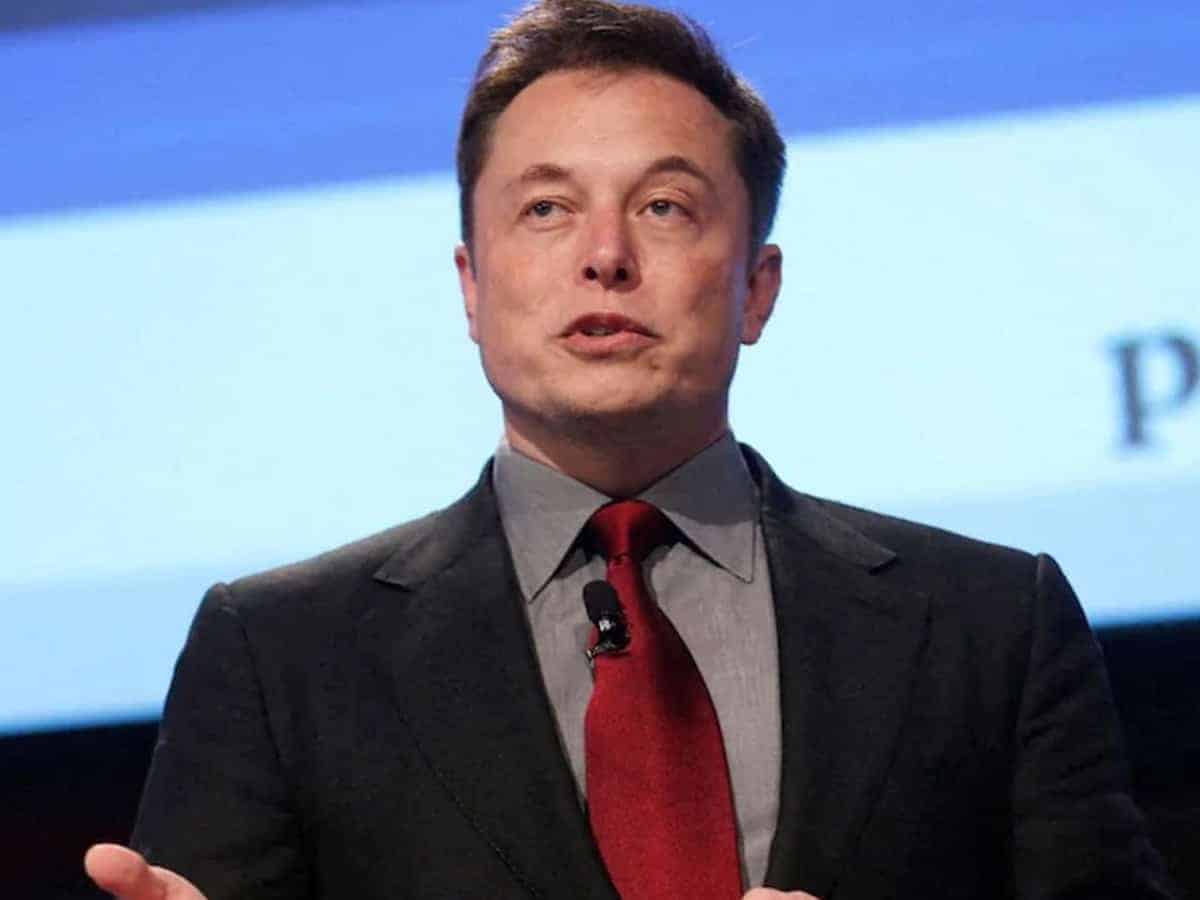
New Delhi: Twitter has filed a detailed response to Tesla CEO Elon Musk’s countersuit against the micro-blogging platform, saying his claims are “factually inaccurate, legally insufficient, and commercially irrelevant”.
According to Musk, he was hoodwinked by Twitter into signing a $44 billion merger agreement.
“That story is as implausible and contrary to fact as it sounds. And it is just that — a story, imagined in an effort to escape a merger agreement that Musk no longer found attractive once the stock market — and along with it, his massive personal wealth — declined in value,” Twitter said in its legal response filed in the Delaware Court of Chancery in the US.
Musk‘s lawyers filed 90 pages of counterclaims in the court, and Twitter responded to them paragraph by paragraph.
“The counterclaims are a made-for-litigation tale that is contradicted by the evidence and common sense. Musk invents representations Twitter never made and then tries to wield, selectively, the extensive confidential data Twitter provided him to conjure a breach of those purported representations,” the Parag Agrawal-run company argued.
Yet, Musk simultaneously and incoherently asserts that Twitter breached the merger agreement by stonewalling his information requests, said Twitter.
Musk, in his countersuit, said that his action arises out of Twitter’s misrepresentations regarding the condition of the company and the “key metrics” Twitter uses to evaluate the number of users on its platform.
“They contain numerous, material misrepresentations or omissions that distort Twitter’s value and caused the Musk Parties to agree to acquire the company at an inflated price,” claimed the countersuit.
In its disclosures, Twitter claims to have nearly 238 million monetisable daily active users (mDAU) who participate on the platform, and tells its investors that this user base metric is a bellwether for its ability to generate revenue and the “best way to measure (Twitter’s) success”.
As the Musk legal team began to “peel the onion of false and spam accounts”, two things became abundantly clear.
“First, Twitter was miscounting the number of false and spam accounts on its platform, as part of its scheme to mislead investors about the company’s prospects by focusing on its purported hundreds of millions of mDAU,” read Musk’s countersuit.
Second, while Twitter has repeatedly touted mDAU as a “key metric” for revenue growth, “mDAU is not as closely tied to revenue as Twitter leads the public to believe”.
Twitter argued his claim, saying when Musk offered to buy Twitter, he did not ask for — and Twitter did not make — any representations regarding the number of false or spam accounts.
“The merger agreement does not contain a single reference to false or spam accounts. Nor did Musk ask Twitter for any information to averify’ the number of false or spam accounts before he entered into the merger agreement,” said Twitter.
Musk also attacked Twitter’s process for estimating the proportion of false or spam accounts among monetizable daily active users as unreasonable because Twitter’s quarterly estimates are based on daily samples of 100 mDAU, combined for a total sample of approximately 9,000 mDAU per quarter.
“But attacking an estimate as unreliable based merely on the size of the sample relative to the size of the population is an “elementary statistical error,” said Twitter.



